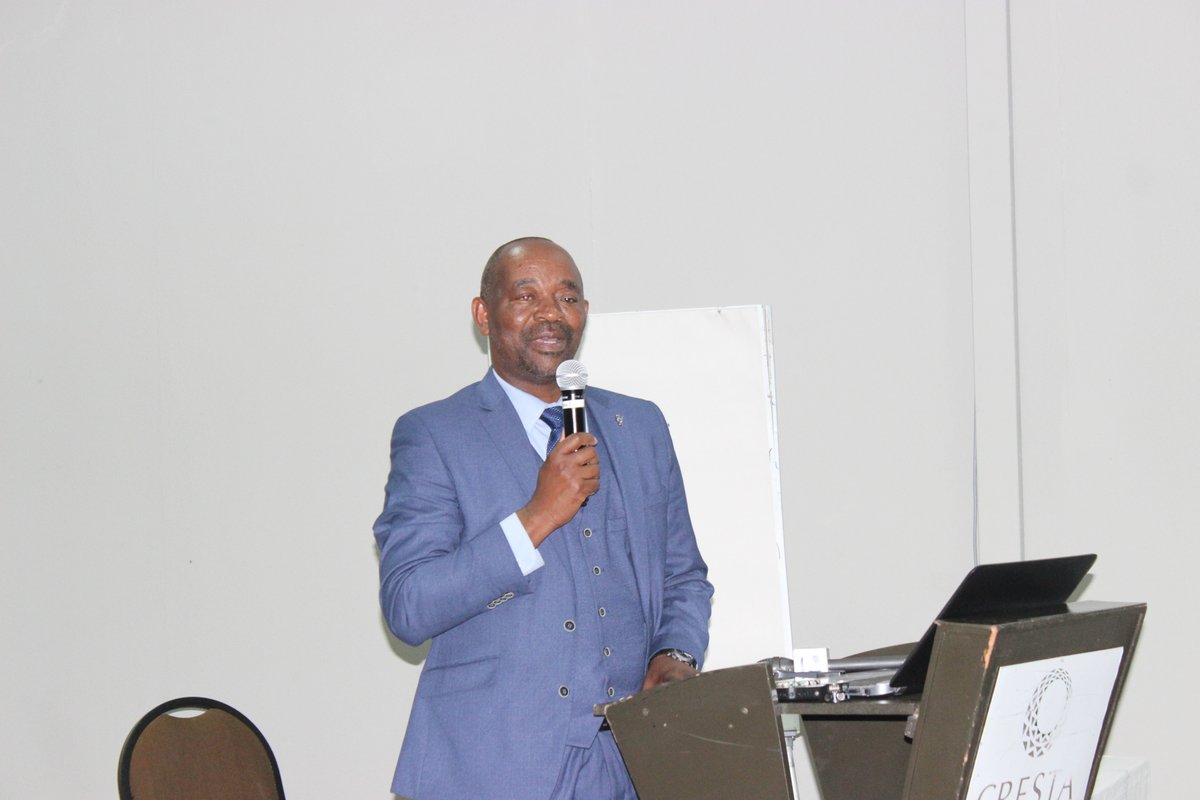By Tatenda Mujeyi
The review by the World Health Organisation (WHO) in partnership with the Ministry of Health and Child Care in Harare today explored the successes as well as challenges in better treatment of Tuberculosis.
The National Tuberculosis Strategic Plan (NTSP) was launched in 2017 as a regional strategy to try and mitigate the challenges related to Tuberculosis (TB) and HIV.
Despite the existence of challenges, success has been realised in the treatment of cases of TB as the strategy has facilitated a platform through which TB interest parties can discuss, research and map a strategy.
The review has been successful in facilitating the treatment of TB and HIV cases through the collaborative effort between government, WHO and other private players.
“The figures show that there has been an increase in dealing with the challenges of Tuberculosis owing to the consented effort between government, and non-state actors despite the existent challenges,” Dr Chirenda a University of Zimbabwe Lecturer said.
Success was recorded in meeting the drug requirements by patients and support systems and infrastructure with no shortages.
“Second line anti TB medicines were largely available with no reported stock outs. Recording and reporting tools were also available and being used at all verified sites” Dr Chirenda said
The review also noted key areas that had been left out in the 2017 report including, “The mobile populations mainly related to the informal mining practice have not been studied despite constituting a considerable proportion of TB prone individuals. There is need to consider as these mobile population’s central role in the treatment and study process.” Dr Chirenda also said.
Success has been realised in the technological front through the introduction of a new treatment therapy that will potentially redress the stigmas and complications of TB drug usage.
“Introduction of the shorter TPT regiment (3RH and 3HP) to improve treatment. What we are saying is in place of taking a lot of tablets daily for six months, now you only take one tablet once a week for three months.” Dr Wilfred Nkhomo, The WHO Director T.B Advisor African Region said.
Technological and information challenges were experienced technologically owing to the uses of mobile money and applications to transmit data owing to the connectivity, accessibility challenges.
“Low training coverage of PMDT was a challenge. Owing to the PMDT info pack being based on Ecocash, patients and affected parties without Econet lines or access to mobile connectivity could not be reached,” Dr Chirenda also said.
The Ministry of Health and Child Care’s National TB program has just completed a mid term review of the 2017-2020 National Strategic Plan. A debrief session was done today with various stakeholders to share findings and recommendations from the review team for improved future programming. Support came from USAID Challenge TB through WHO.
Government commended all key stakeholders to continue their contribution to the cause to end TB through financial and technical support.
“I commend your efforts to improve the research and knowledge as well as the livelihoods of the people living with TB. You have cushioned government through the complementary role. Your continued support is appreciated,” Dr Owen Mugurungi, the Director of Aids and TB programme in the Ministry of Health and Child Care said at the review meeting.
Government also noted the need to have the next Review combining the HIV and TB issues as the global phenomenon and government strategy has put both dieses into focus.
“Government has strategically paired TB and Aids to better position it in availing resources for the related diseases. As such it since my hope that the next review will pair the two so as to fully avail information on the diseases and better help in the planning of usage of the Aids levy which should mitigate both diseases,” Dr Mugurungi added.
